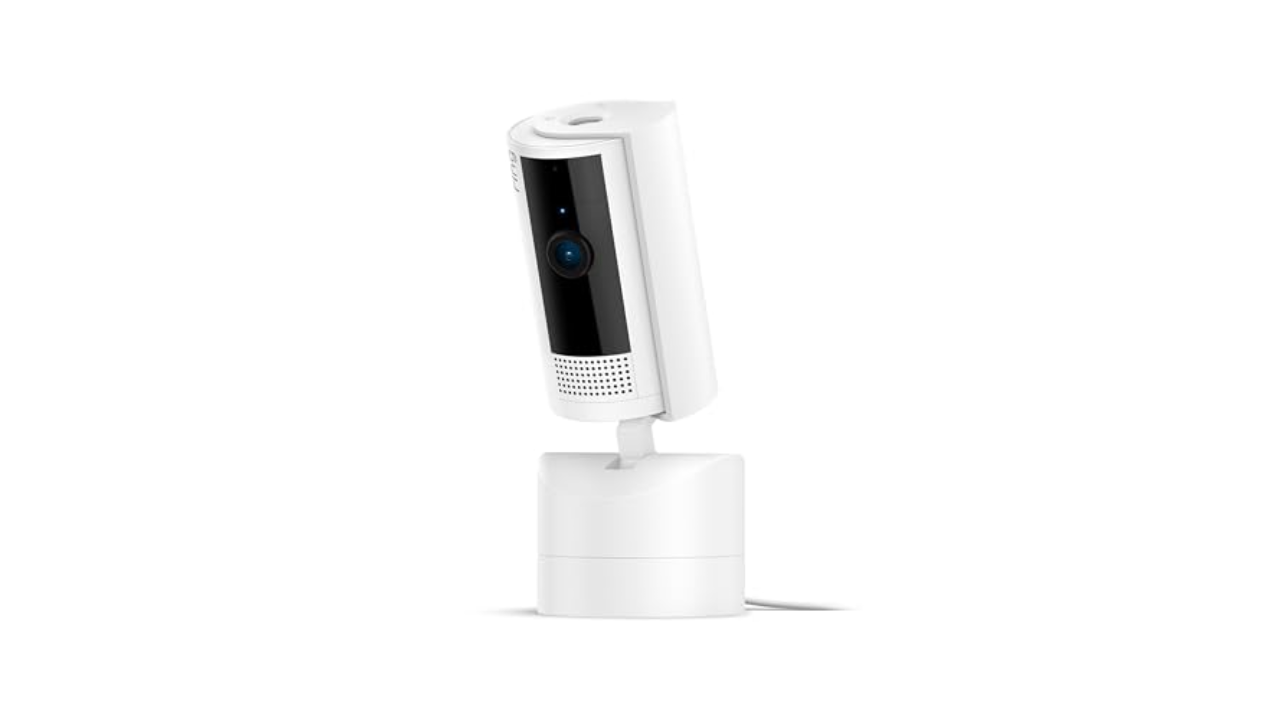At its annual Snapdragon Summit on Tuesday, revealed its latest mobile chipset. Perhaps the biggest change in the Snapdragon 8 Gen 3 is the introduction of on-device generative AI (akin to Google's Tensor G3). The chipset’s AI Engine supports multi-modal generative AI models and what Qualcomm claims is the world’s fastest Stable Diffusion system with the ability to generate an image in under a second. So, you should be able to whip up backgrounds and images for social media posts in a flash.
Because GAI requests are handled on-device, Qualcomm says they remain private. There’s an AI assistant based on . It can securely use personal data such as your favorite activities, location and fitness level to provide more personalized responses, Qualcomm says. The Qualcomm Sensing Hub (which powers this feature) is said to deliver an AI performance increase of up to 3.5 times that of . The company also claims the Snapdragon 8 Gen 3 delivers up to 98 percent faster Hexagon NPU performance and 40 percent better performance per watt.
The camera and editing systems include support for features such as the ability to remove people and objects from a video with the tap of a finger. Qualcomm is promising voice-activated GAI photo and video editing thanks to its Cognitive ISP, along with the option to optimize different parts of a photo in up to 12 layers, whether you capture it with the front or back camera.
The Photo Expansion feature uses GAI to extend the borders of a photo, akin to . The Vlogger's View mode allows you to share video from both your rear and front-facing cameras at the same time, so you can feature your face in what you capture as you narrate what you're seeing.
Qualcomm says that Dolby HDR tech allows for image playback and capture with a fuller range of colors, tones and shades. Meanwhile, you can apply a cryptographic seal from Truepic to a photo to indicate that it's the real deal and not something you whipped up with GAI, because that's the world we're living in these days. It's a different approach to .
Elsewhere, Qualcomm is promising some gaming upgrades in the Snapdragon 8 Gen 3. There's support for along with hardware-accelerated ray-tracing with global illumination, which the company says is a first for a mobile chipset. This, Qualcomm says, helps deliver "lifelike, multi-source lighting" in games.
The Adreno Frame Motion Engine 2.0 can double framerates while sustaining the same power consumption as the previous chipset, Qualcomm claims. If you're so inclined to hook up a Snapdragon 8 Gen 3-powered device to an external 240Hz display, you'll be able to play games at up to 240 fps.
Snapdragon Game Super Resolution, Qualcomm's answer to upscaling tech like , will help games to run at up to 8K on supported displays too. The company notes that it's open-sourcing Snapdragon Game Super Resolution.
You can expect gameplay audio to be synced to the millisecond, according to Qualcomm, meaning that you shouldn't experience any lag while using earbuds. It's also promising uninterrupted lossless audio even as you move away from your phone or from one room to another thanks to its Expanded Personal Area Network Technology system. The Snapdragon 8 Gen 3 is said to support 24-bit 96 kHz lossless music over Bluetooth.
On the subject of connectivity, Qualcomm is using AI hardware acceleration in the X75 Modem-RF System. It says this can help to deliver better 5G speeds, coverage, mobility, link robustness and location accuracy. There's Wi-Fi 7 support too.
Compared with the previous chipset, Qualcomm says the Snapdragon 8 Gen 3's Kryo CPU delivers 30 percent better performance and 20 percent more power efficiency. As for the GPU, it claims you'll benefit from a 25 percent performance improvement and 25 percent greater power efficiency, along with a 40 percent ray-tracing upgrade. Overall, the Snapdragon 8 Gen 3 is slated to have 10 percent overall power savings compared with last year’s chip.
You won't have to wait long to try out a phone with the Snapdragon 8 Gen 3 if you really want to. Qualcomm says devices that use the chipset should start to appear in the coming weeks. Among the brands and manufacturers that will use it are Sony, ASUS, OnePlus, Oppo, Vivo, Xiaomi, Honor and ZTE.
This article originally appeared on Engadget at https://www.engadget.com/qualcomms-snapdragon-8-gen-3-brings-on-device-generative-ai-to-more-android-phones-190019288.html?src=rss
Credit: Source link








